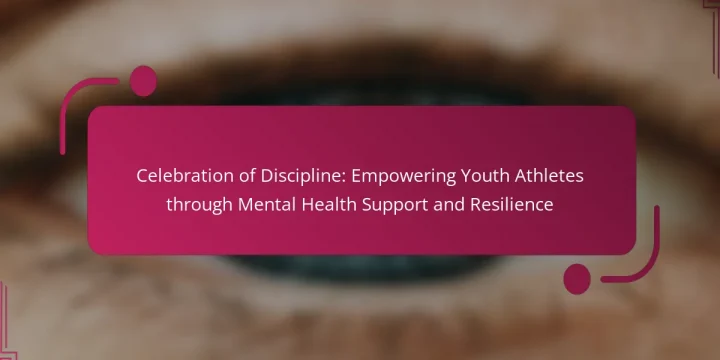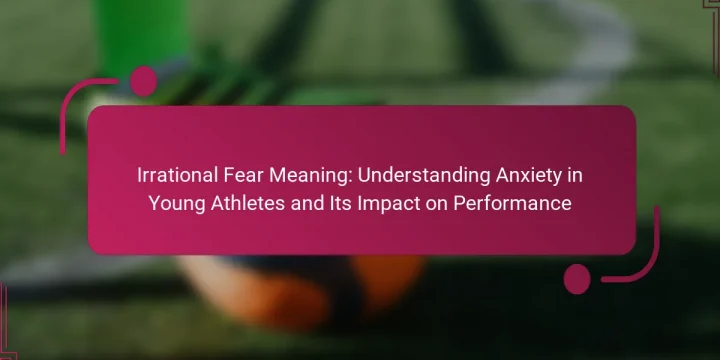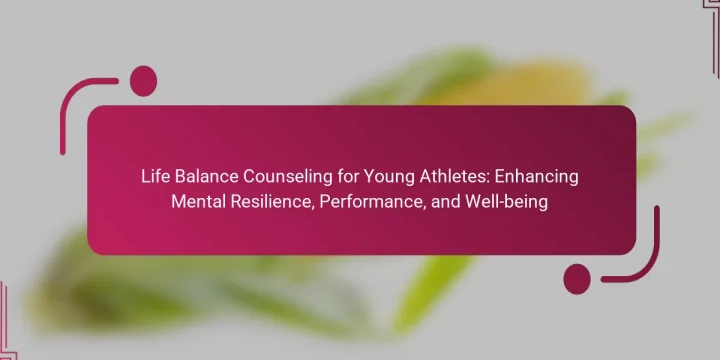
Youth athletes face significant mental health challenges, including anxiety, depression, and burnout. Negative peer influence can exacerbate these issues, leading to poor decision-making and decreased performance. Creating a positive environment, prioritising open communication, and implementing holistic support programmes are essential for promoting mental resilience. Engaging in effective techniques like mindfulness training can further enhance their overall well-being. How Does Bad Company Affect Youth Athletes' Mental Health? Bad company negatively impacts youth athletes' mental health by fostering poor decision-making and increasing stress. Negative peer influence can lead to anxiety, depression, and decreased performance. Research shows that athletes surrounded by supportive peers exhibit better mental resilience. Moreover, engaging in unhealthy behaviours, such as substance abuse, is more likely in toxic environments. To protect mental health, fostering positive relationships and encouraging open communication…







